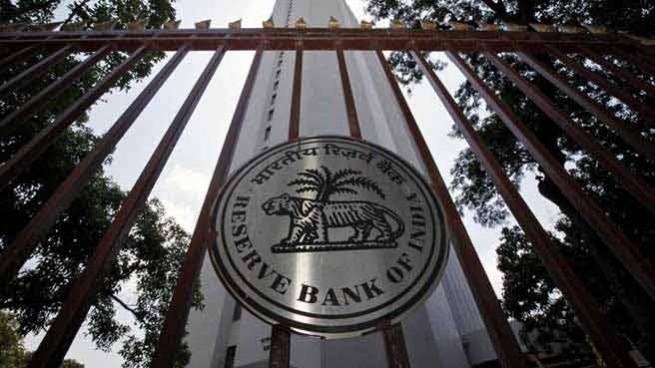
In an unprecedented move, the Centre has issued directions to the Reserve Bank of India (RBI) governor under the RBI Act for the first time in history on matters of public interest, a move which gives a new twist to the ongoing tussle between the government and RBI.
The government, exercising powers under Section 7 of the RBI Act, has sent letters to RBI governor Urjit Patel on issues like liquidity for Non-Banking Financial Companies (NBFC), capital infusion in weak banks and lending to Small-to-Medium Enterprises (SME).
Section 7 gives the government power to consult and give instructions to the governor to act on issues which are considered serious and in public interest.
It is speculated that this move was behind RBI deputy governor Viral Acharya's warning the Centre – a rare display of independence – not to impinge on central bank's autonomy which might lead to undesirable consequences.
The section has never been used before and it raises questions about the intention of the government and what impact it will have on RBI's autonomy.
Using powers enshrined under Section 7, the government can put the RBI in a spot and it can't exercise its full power to conduct operations in a way it deems fit. It also sets a wrong precedent for the future, where the central government can interfere even in minor issues and push their agenda.
Of late, the Centre and RBI has been bickering over a few issues like easing of lending rules banks under prompt corrective action (PCA) framework which would reduce pressure on micro, small and medium enterprises but the central bank opposes this saying it will stall its clean-up efforts.
NBFC asked the government for more liquidity after credit markets tightened after IL&FS defaulted in September, but RBI refused to budge arguing that there was no increase in borrowing costs and the market was re-pricing risk in a fluid situation.
What probably prompted the Centre to invoke Section 7 was a recent court order involving independent power producers, who contested a circular issued by RBI on February 12 which said if a borrower misses payment even by a day, it would be deemed a defaulter even if the bank account remains standard.
In his speech on Friday, Acharya said governments which do not respect the autonomy of a central bank, will in course of time rue the day they undermined a critical regulatory institution as it will hit the economy hard and financial markets will be in turmoil.
He added that an independent central bank keeps costs of borrowing down and gives confidence to international investors among other benefits.









!['Had denied Housefull franchise as they wanted me to wear a bikini': Tia Bajpai on turning down bold scripts [Exclusive]](https://data1.ibtimes.co.in/en/full/806605/had-denied-housefull-franchise-they-wanted-me-wear-bikini-tia-bajpai-turning-down-bold.png?w=220&h=138)



